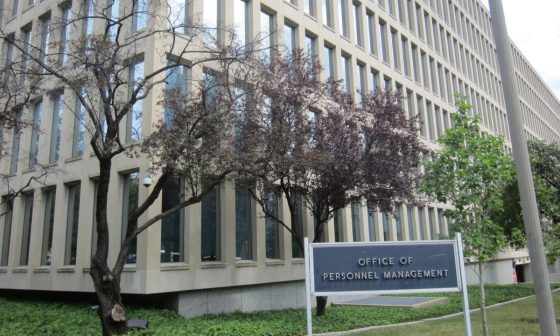New OPM background check agency will inherit huge backlog


James Onusko of the National Background Investigations Bureau, and Katherine Pherson at the 2016 Intelligence Summit (Herman Farrer)
When the National Background Investigation Bureau — the agency the Obama administration created in the wake of the massive Office of Personnel Management hack — stands up next month, it will inherit a backlog of more than 500,000 clearance investigations, a senior bureau official said.
“On Oct. 1, when the NBIB officially stands up, it will also officially inherit a sizable backlog,” Jim Onusko, U.S. government personnel security veteran and transition leader for the bureau told the 2016 Intelligence and National Security Summit Wednesday. He said the backlog would be “500,000 or more.”
Because no government employee or contractor can take a job requiring a security clearance until their background investigation is complete, that backlog means “missions unfulfilled,” added Katherine Pherson of the Intelligence and National Security Alliance.
Onusko said the executive branch had wrestled with a large backlog for years. He urged the audience to “look back at history,” saying the question was “a capacity issue,” and arguing that the OPM had been “making good progress” on the issue, until officials fired contractor USIS in 2014 for allowing its investigators to deliberately bungle and falsify the results of investigations.
“You can’t manufacture field investigators in a matter of weeks just through classroom training,” he said.
He said the agency was wrestling with using seasoned investigators as trainers in the field, thus taking them away from ongoing investigations. “That’s a continuing investment,” he said.
He said that “several hundred” investigators had been hired in a “surge” since since 2014, and that the agency had worked to “optimize” its training center in Slippery Rock, Pennsylvania. But on the hiring he said, “everybody knows that’s not the answer.”
He said at some point, “big data will be able to supplant shoe leather.”
“This is a whole of government solution … the records repositories who provide information to the background check investigation process need to be nimble and responsive,” he argued. “There’s a multitude of issues to this solution.”
“It’s not a quick solution, though. It took a long time to grow this backlog, it’ll take a while to neutralize it,’ he said.






